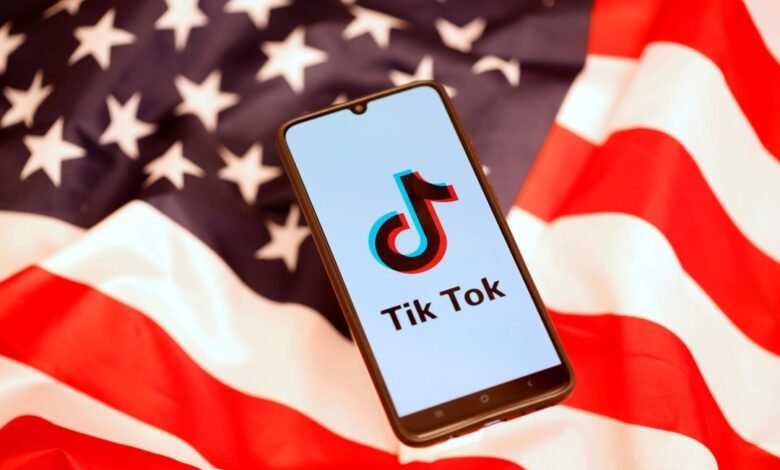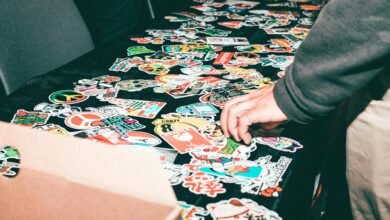
TikTok Ban is facing a looming ban, with a removal deadline from U.S. app stores set for January 19, 2025. This move, driven by concerns over national security and data privacy, could drastically reshape the platform’s presence and impact millions of users. Unlike previous threats during the Trump administration, this ban carries a concrete timeline and heightened stakes due to TikTok’s Chinese ownership.
Table of Contents
ToggleNational Security Concerns Behind the Ban
The U.S. Congress enacted the Protecting Americans from Foreign Adversary Controlled Applications Act, focusing on safeguarding American data. While privacy concerns exist across all social media platforms, TikTok’s Chinese ownership has sparked unique fears. Critics argue that its parent company, ByteDance, could be compelled to share user data with the Chinese government. This scrutiny has led to a tougher stance against TikTok compared to domestic platforms like Facebook or Instagram.
Implications of a TikTok Ban
Economic Fallout for Businesses and Creators
A ban on TikTok would mean its removal from app stores, rendering it unavailable for new downloads. Current users could still access the app, but without updates, its functionality would diminish over time. This would severely affect the livelihoods of millions of creators and small businesses, with over 5 million using TikTok for advertising. The economic ripple effect could be profound.
Cultural Impact on Gen Z
For Gen Z, TikTok is more than an entertainment platform—it’s a cultural hub. It fosters creativity, discussions on social issues, and meaningful connections. A ban would erase this vital space, stripping away a significant element of Gen Z’s digital identity and cultural expression.
The Future of Content Creation
In the wake of a TikTok ban, creators may migrate to platforms like YouTube or Instagram, which are now equipped to support short-form content. While some creators might thrive, others could struggle with the transition. This shift may signal the emergence of new content trends and the rise of alternative platforms, reshaping the digital media landscape.
Economic Challenges for Smaller Creators
Many TikTok creators rely on the platform for supplemental income while balancing other jobs. Losing TikTok could destabilize their financial situations, highlighting broader challenges in the gig economy.
Censorship and Freedom of Expression
The TikTok ban raises pressing questions about censorship and the regulation of digital platforms. This situation could set a precedent for future restrictions on information and communication in the digital space.
Conclusion: The Uncertain Road Ahead
As the January 19, 2025, deadline approaches, TikTok’s future remains uncertain. Whether the platform survives or not, its potential ban underscores critical issues surrounding data privacy, freedom of expression, and digital innovation.
Baddiehub remains committed to delivering insightful and legitimate content to keep readers informed about these unfolding developments. For the latest updates on the TikTok ban and its implications, stay connected with Baddiehub.
FAQ Section
What is the TikTok ban about?
TikTok faces a ban due to concerns over national security and data privacy, stemming from its Chinese ownership.
Why is TikTok considered a security threat?
Its parent company, ByteDance, is subject to Chinese laws that may require sharing user data with the government.
How would a ban affect TikTok users?
While existing users can still access TikTok, the app would not receive updates, leading to a gradual decline in usability.
What is the cultural impact of a ban?
TikTok is a significant cultural platform for Gen Z. Losing it would disrupt creativity, connections, and social discourse.
How will content creators adapt?
Creators may transition to platforms like YouTube or Instagram, but the shift may not be seamless, affecting their reach and income.
For more in-depth articles on tech trends, visit Baddiehub, your go-to source for legitimate tech news and insights.




